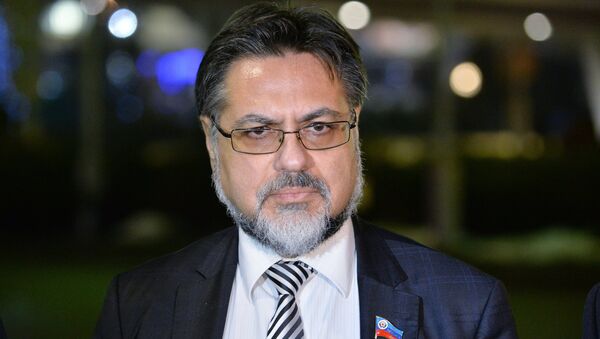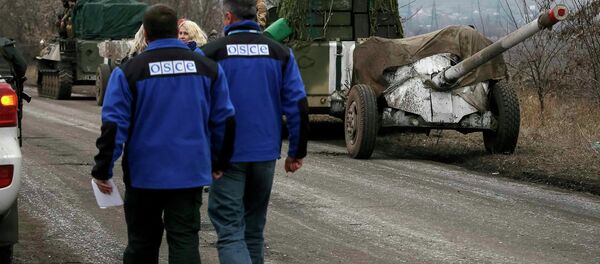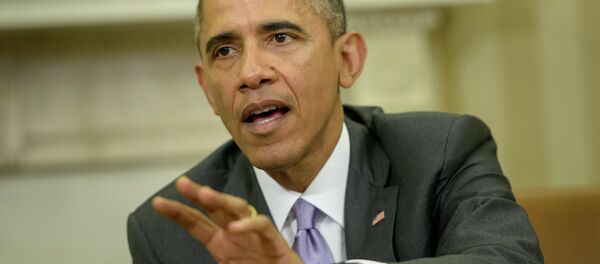"Representatives of two influential fractions openly state that they have their own vision of how they [elections] should be [conducted]. And this vision runs counter to the Minsk agreements," Deinego said, stressing that the situation in the Ukrainian parliament, known as the Verkhovna Rada, demonstrates the Kiev authorities' unwillingness or inability to peacefully resolve the Donbas crisis.
Last month, the speaker of the Verkhovna Rada Volodymyr Groysman said that Kiev was only going to organize state-wide elections in Ukraine this fall and was not going to make any separate rules for Donetsk and Luhansk.
Meanwhile the Minsk agreements, signed on February 12, stipulate that Kiev authorities would conduct constitutional reforms in the country and work on the decentralization of power in Ukraine, which implies more liberal arrangements for the eastern Ukrainian regions of Donetsk and Luhansk.
A law granting "special status" and broader autonomy to parts of the breakaway regions was introduced by Kiev last fall, but was abolished shortly afterward.



